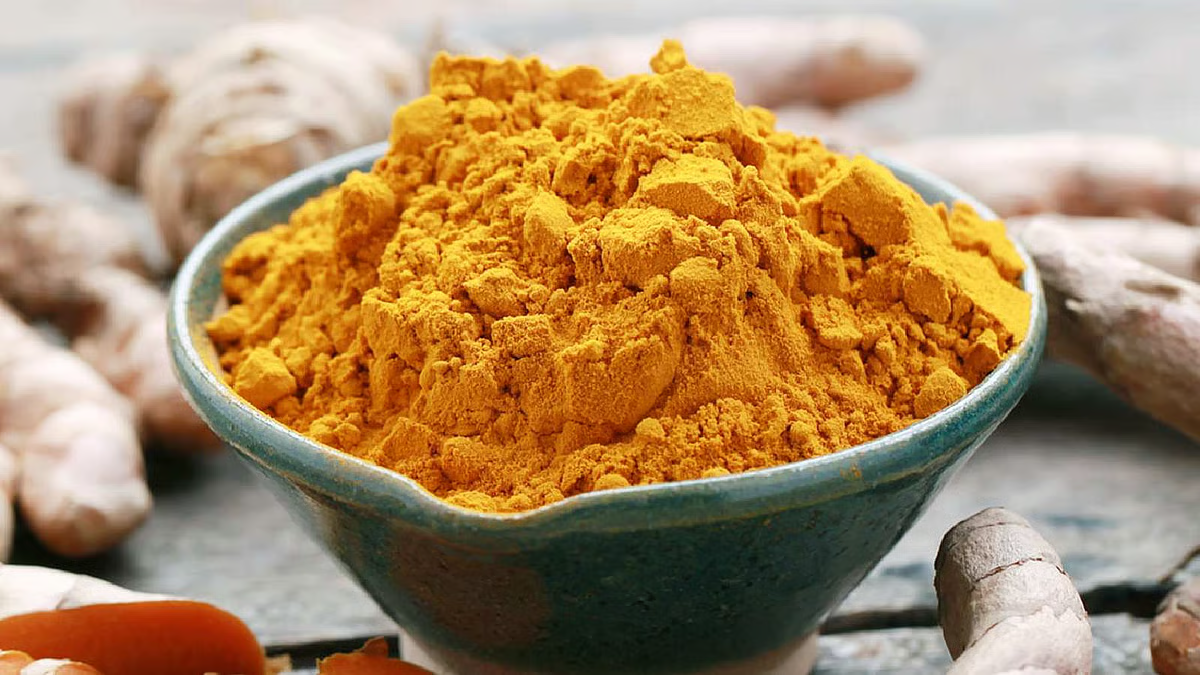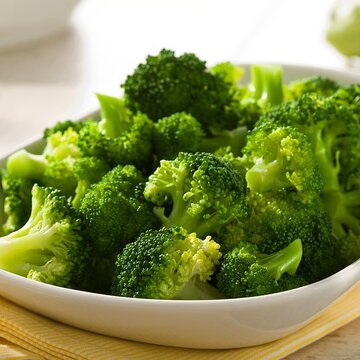Culinary mishaps are an inevitable part of the cooking process. Sometimes it's an overzealous dash of salt, other times an overabundance of oil. These culinary faux pas tend to multiply during festive seasons, particularly Puja, when domestic kitchens are abuzz with activity. However, such missteps can significantly alter the intended flavor profile of a dish. A particularly vexing issue arises when turmeric, that golden spice so integral to Indian cuisine, is used with too heavy a hand, resulting in an unpleasantly bitter taste. But fear not, for there are remedies to this yellow peril.
If you are in the unfortunate situation of over-turmericing your dish, bay leaves can prove to be your culinary salvation.
How to do it?
Just add a few bay leaves to the pot and let them simmer for a few minutes. Remove the leaves after the dish has been infused with their fragrant oils. The overpowering taste of turmeric has been greatly subdued, if not eliminated.
Another potential saviour in your battle against excessive turmeric is coconut milk. Its inherent sweetness and creamy texture can effectively counterbalance the pungency of turmeric, both in terms of flavor and aroma. In the absence of coconut milk, freshly grated coconut can serve as a worthy substitute, equally capable of neutralizing the raw taste and smell of overused turmeric.
For a more complex solution, consider creating a flavor bomb. In a separate pan, sauté a finely chopped medley of ginger, garlic, tomatoes, and onions in a touch of oil. Once these aromatics have softened and melded together, puree them into a smooth paste. Introduce this concoction to your over-turmeric-ed dish, stirring thoroughly to incorporate. However, exercise caution: this paste is meant to mask the turmeric, not overpower the dish entirely. Moderation is key.











